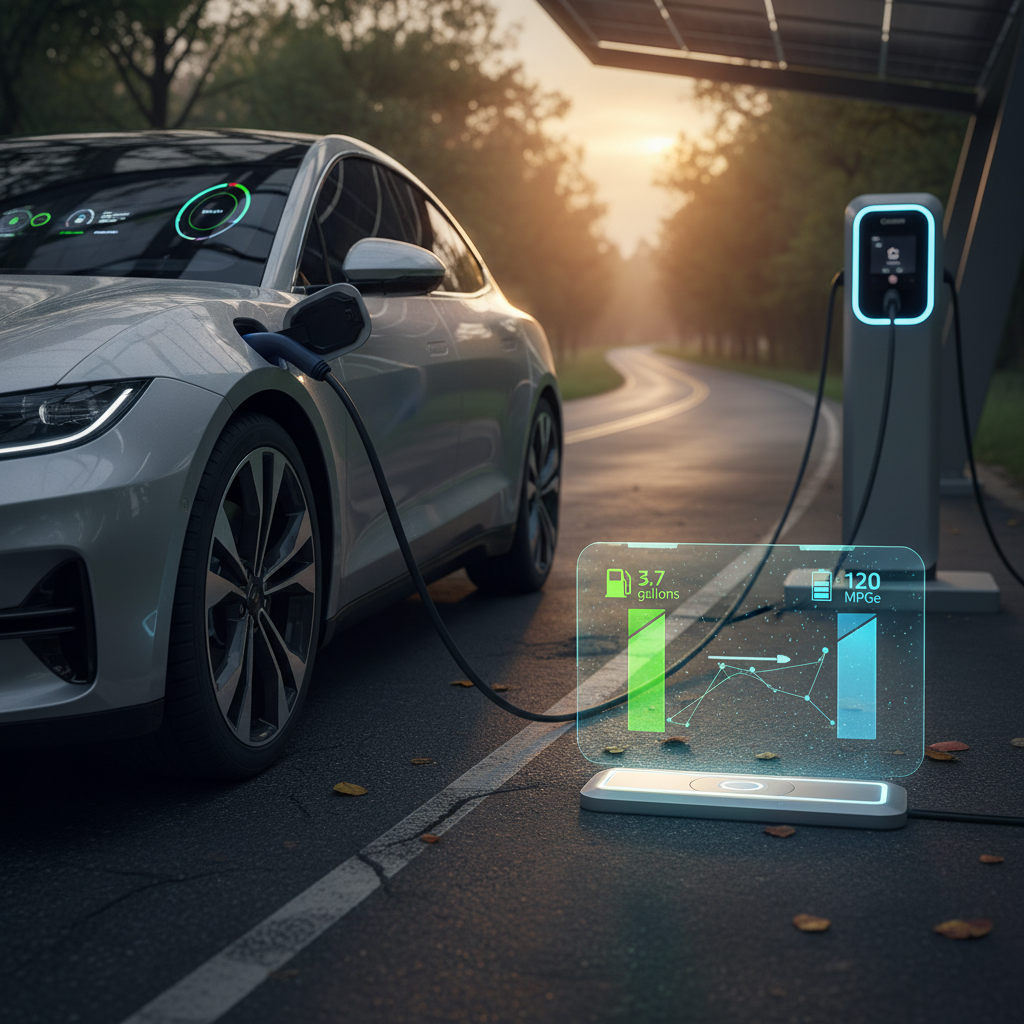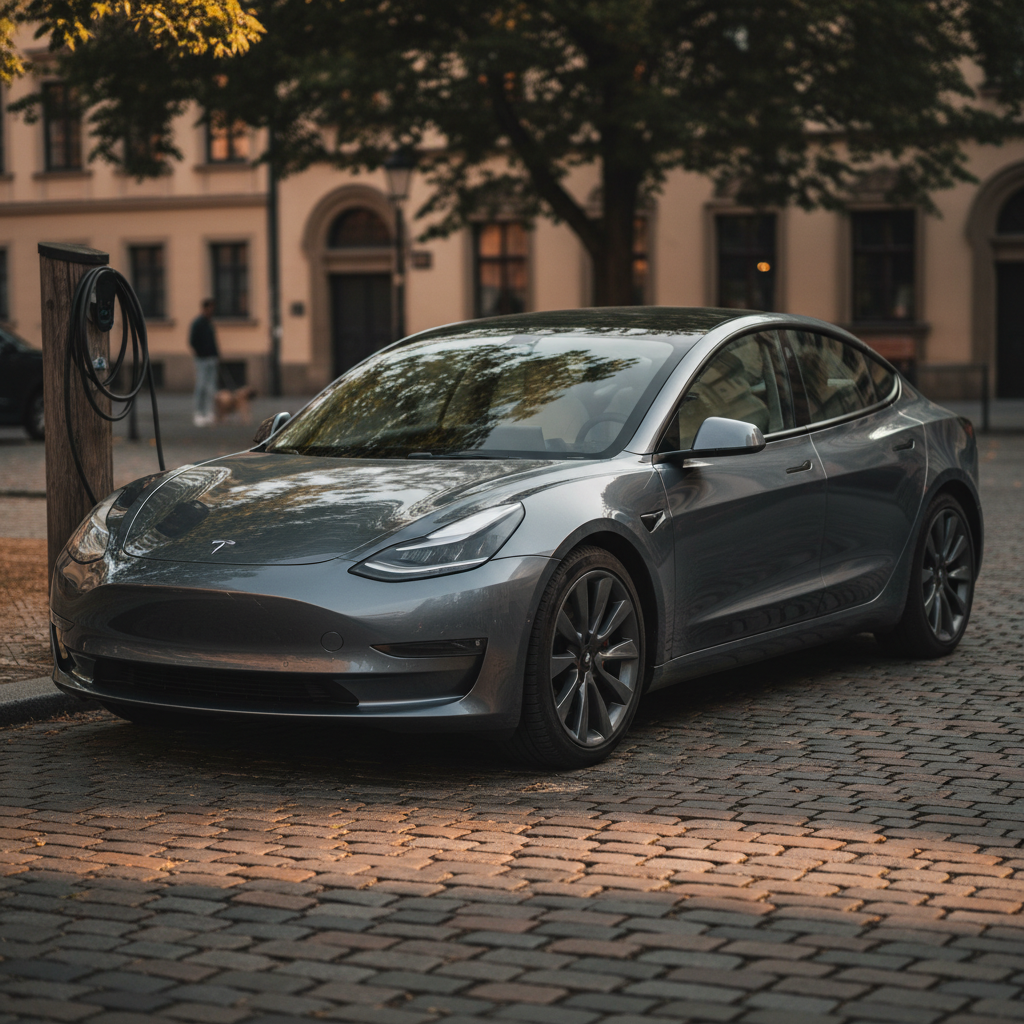You don’t need to be an engineer to own an electric car, but you do need the right people in your corner. As more EVs hit American roads, EV car specialists have become the new must‑have experts for everything from battery health checks to high‑voltage safety. The tricky part is that not every mechanic who “works on EVs” is truly qualified, and the difference can show up in your range, your repair bills, and your peace of mind.
EVs are different under the skin
Why EV car specialists matter more than ever
On paper, EVs need less routine maintenance than gas cars, no oil changes, fewer moving parts, and regenerative braking that stretches pad life. But the parts that are unique to EVs are expensive, high‑voltage, and largely software‑controlled. When something feels off, you want someone who lives and breathes electrics, not a generalist taking their first swing at 400 volts.
The shift toward EV car specialists
Behind those numbers is a simple truth: the person who services your EV matters as much as the brand you bought. A good specialist can spot a warranty‑eligible issue before it snowballs, give you honest advice on long‑term battery health, and help you avoid unnecessary parts‑swapping guesses.

What an EV car specialist actually does
Core skills of EV car specialists
Not just “mechanics with tablets”
High‑voltage system diagnostics
EV specialists understand traction batteries, inverters, onboard chargers and DC‑DC converters. They:
- Use manufacturer‑level scan tools rather than generic code readers.
- Interpret battery temperature, cell‑voltage and state‑of‑health data.
- Diagnose contactor, isolation and charging‑system faults safely.
Software & calibration
Modern EVs are rolling computers. Specialists are comfortable with:
- Firmware updates and recalls.
- Module programming or configuration after repairs.
- Diagnosing glitches that live in code, not hardware.
Charging & energy issues
From home charging headaches to public‑station errors, they:
- Verify onboard‑charger health and charging speeds.
- Check connector wear, inlet condition and cable temperatures.
- Sort out whether a problem is the car, the charger or the grid.
Everyday maintenance
A good EV car specialist can handle the routine beats, too:
- Tires & alignment: EVs are heavy and torquey, so bad alignment can chew through tires quickly.
- Brake service: Understanding how regenerative braking affects pad wear and rotor corrosion.
- Fluids and filters: Cabin filters, brake fluid, gearbox oil where applicable, on the correct schedule.
Deep‑dive problem solving
Where they really earn your trust is on the weird issues:
- Sudden range drops or uneven cell temperatures.
- Random warning lights after a minor collision or tow.
- Intermittent charging failures that don’t show obvious faults.
This is where experience with a specific EV platform matters more than a generic “we work on all makes” promise.
Training and certifications to look for
Because EV technology is still evolving, credentials are one of your best shortcuts to separating true EV car specialists from well‑meaning dabblers. You don’t need to memorize every acronym, but knowing the big ones helps you ask sharper questions.
- ASE L3 (Light Duty Hybrid/Electric Vehicle Specialist) – This is the gold‑standard certification in the U.S. for technicians who diagnose EV and hybrid drivetrains. If a shop lists ASE L3, they’ve invested time and testing in EV systems.
- Factory training – Tesla, GM, Ford, Hyundai/Kia, Nissan and others offer brand‑specific EV courses to dealership techs. Ask which brands your specialist is trained on and when their last EV course was.
- Safety‑focused programs – Organizations and coalitions now offer structured EV safety credentials and on‑site high‑voltage training for dealership and fleet technicians. That tells you the shop takes high‑voltage safety seriously, not as an afterthought.
- Independent EV academies – Hands‑on programs focused on EV batteries, inverters and motors give techs real‑world experience beyond online modules.
- Local licensing and inspections – In some states, shops doing high‑voltage or battery work must meet specific electrical and safety rules. It’s worth asking what applies where you live.
How to verify a credential
Dealership vs. independent EV car specialists
Once you start looking for EV expertise, you’ll usually find two paths: brand dealerships and independent EV car specialists. Both can be excellent; they just come with different strengths and trade‑offs.
Dealership EV service centers
- Pros:
- Direct access to factory diagnostic tools and technical bulletins.
- Techs see a high volume of the same brand, so pattern failures are familiar.
- Warranty and recall work can be handled in‑house.
- Cons:
- Hourly rates are often the highest in the market.
- Older out‑of‑warranty EVs may get less attention than new sales.
- Limited flexibility on using non‑OEM parts when appropriate.
Independent EV car specialists
- Pros:
- Often founded by techs who love EVs and left dealerships to focus on them.
- More flexibility with repair strategies on older or out‑of‑warranty cars.
- May be better at whole‑vehicle diagnosis across tires, suspension and electronics, not just the battery.
- Cons:
- Access to some factory software can be limited or subscription‑based.
- Depth of EV training varies, credentials matter here.
- Warranty work on newer EVs may still need a dealer visit.
Be wary of “we work on everything” claims
How to find a qualified EV car specialist near you
Finding the right EV car specialist takes a little more homework than picking the closest oil‑change place, but it doesn’t have to be a full‑time job. Here’s a practical way to narrow the field.
Step‑by‑step: finding an EV car specialist
1. Start with your brand’s owner resources
Most EV makers list authorized service centers and EV‑trained dealers on their websites or in the vehicle app. That’s the quickest way to see who your manufacturer trusts.
2. Search specifically for EV car specialists
Use terms like “EV car specialist,” “electric vehicle mechanic,” or “EV service center near me.” Then look for pages that mention high‑voltage systems, battery diagnostics, or particular EV models, not just generic maintenance.
3. Check reviews for real EV stories
Skip the one‑line “Great shop” reviews and look for details: customers talking about battery issues, charging problems, or software glitches that were solved well.
4. Ask about tools and charging setup
A serious EV shop usually has at least Level 2 charging on‑site, insulated tools, and a dedicated high‑voltage work area. Don’t be shy about asking what they use to diagnose your specific model.
5. Confirm training and recent experience
Ask, “How many EVs do you see in a typical week?” and “Which EV‑specific training have your techs completed in the last year or two?”
6. Do a low‑risk trial visit
Before you entrust a major repair, start with something simple: tire rotation, cabin filter or brake inspection. Use that visit to watch how they treat your EV and answer questions.
Where Recharged fits in
Inspecting a used EV: why a specialist matters
Buying a used EV without a specialist’s eyes on it is a bit like buying a house without an inspection. The paint might look great; the foundation is where the money is. In an EV, the “foundation” is the traction battery, thermal management system, and high‑voltage wiring, areas where a traditional pre‑purchase inspection may not go deep enough.

What a true EV car specialist checks on a used EV
Use this as a conversation starter with any shop evaluating a pre‑owned electric vehicle.
| Area | What to Ask For | Why It Matters |
|---|---|---|
| Battery state of health | A written estimate of usable capacity versus original (for example, “~88% of original”). | Gives you a realistic picture of range today, not just when the car was new. |
| Battery temperature & balance | Scan‑tool data on cell temperatures and voltages. | Uneven cells or hot spots can hint at future reliability issues. |
| DC fast‑charging behavior | Does the car hit expected peak kW and sustain a healthy curve? | A car that throttles early may have hidden thermal or battery limits. |
| Thermal management system | Check for fault codes, proper coolant level, and leak inspection. | Cooling problems can quietly degrade a pack over time. |
| High‑voltage safety checks | Insulation tests, contactor function, and orange‑cable inspections where accessible. | Confirms the high‑voltage system is safe to operate and service. |
| Charging hardware | Condition of inlet, charge door, portable EVSE and any adapters. | Damaged connectors can cause nuisance faults or overheating. |
| Suspension & tires | Wear patterns and remaining tread depth, especially on heavier EVs. | Uneven wear can signal alignment problems or hard use. |
| Software & recalls | Confirmation that major EV‑related updates and recall campaigns are applied. | Updates often improve charging behavior, efficiency and safety. |
If an inspection doesn’t cover most of this list, it isn’t truly EV‑specific.
Don’t skip the battery data
Recharged bakes this work right into every car we list. The Recharged Score Report combines a deep‑dive battery‑health check with fair‑market pricing and a plain‑English summary, so you’re not trying to translate raw numbers into real‑world range on your own.
Key questions to ask any EV car specialist
- How long have you been working specifically on EVs, and which models do you see most often?
- What EV‑specific training or certifications do your technicians have?
- What diagnostic tools do you use for my particular make and model?
- How many EVs do you typically service in a week or month?
- Can you share an example of a recent EV issue you diagnosed and fixed?
- What parts of my EV can your shop service in‑house, and what would still need a dealership?
- Do you provide written reports or screenshots of battery and high‑voltage system health after diagnostics?
- How do you handle software updates or programming when repairs require it?
The best EV car specialists are proud to talk about what they know, and equally honest about what they don’t. That honesty is as valuable as any scan tool.
Costs: how much EV specialist services really run
Shop rates for EV car specialists are often similar to, or slightly higher than, those of high‑end gas‑car shops. You’re paying for scarce, high‑skill labor and specialized tools, but you’re also avoiding the cost of guesswork. Here’s how the money usually breaks down.
Typical EV specialist pricing patterns
Actual numbers vary by region and brand, but the structure is similar.
Hourly labor rates
Expect EV‑savvy shops to sit near the top of local labor ranges. The upside is that good diagnostics typically mean fewer hours billed overall compared with trial‑and‑error parts swapping.
Diagnostic packages
Many EV car specialists offer flat‑rate diagnostic or inspection packages, especially for used‑EV pre‑purchase checks or battery‑health reports. Clarify what data and documentation you’ll get.
Long‑term savings
Because EVs skip oil changes, exhaust repairs and many engine‑related failures, your overall maintenance spend can still undercut a gas car, even if specialist time costs a bit more per hour.
Ask for a written estimate, then zoom in
FAQ: EV car specialists
Frequently asked questions about EV car specialists
The bottom line on EV car specialists
Electric vehicles may be new tech, but the old rule still applies: the right expert makes ownership easier. EV car specialists combine high‑voltage safety, battery know‑how and software skills in a way generalist shops simply can’t match yet. Whether you’re booking your first service, hunting for a trustworthy pre‑purchase inspection, or comparing used EVs online, it pays to ask who’s actually turning the wrenches, and reading the data.
If you’d rather not navigate it alone, Recharged was built for exactly this moment in the EV story. Every used EV comes with a Recharged Score battery‑health report, transparent pricing, financing and trade‑in options, and expert guidance from first click to delivery. Think of it as putting an EV car specialist on your side of the negotiating table, before you ever pick up the keys.



